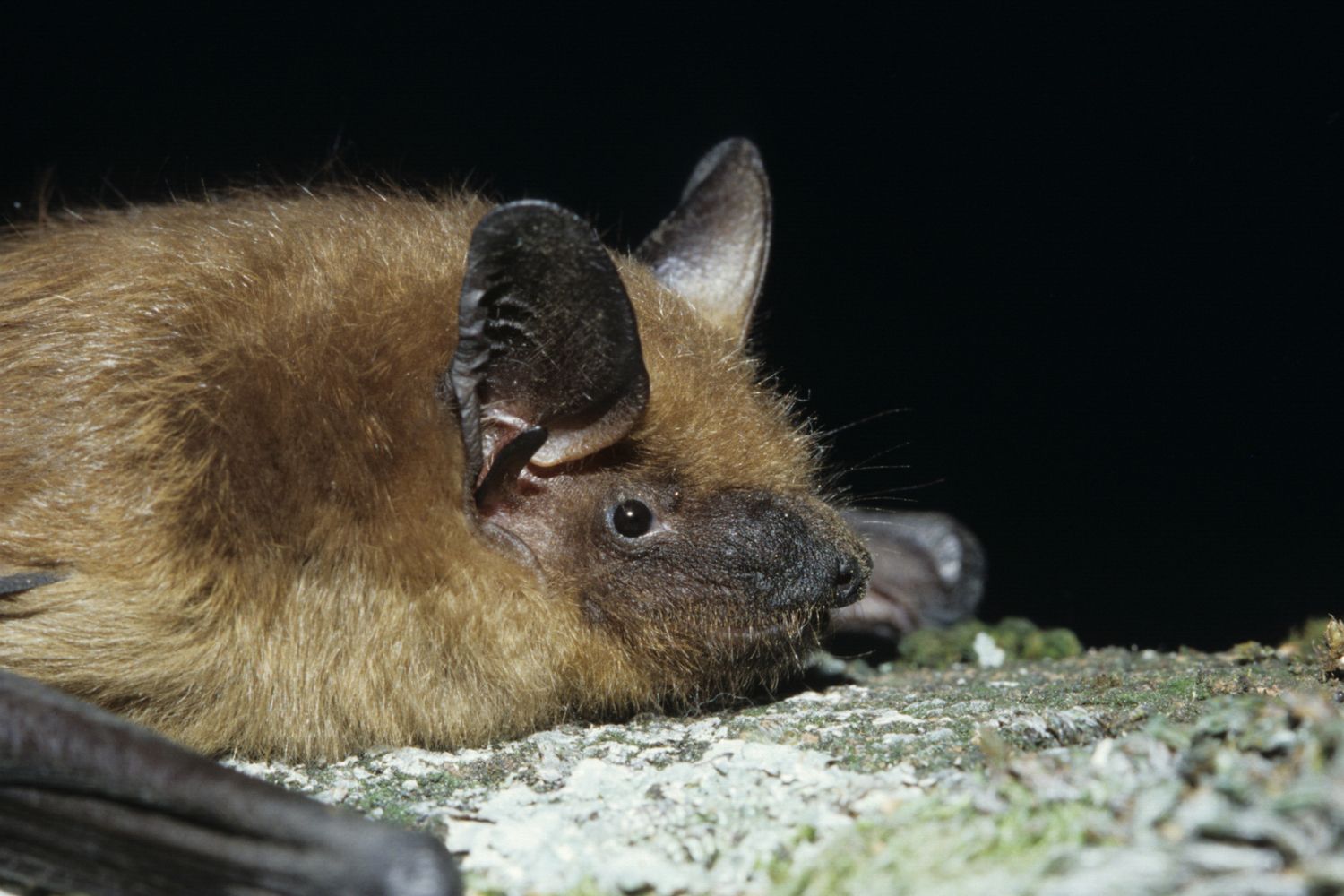If you’ve ever found bats in your attic, your first thoughts were probably not, “Aw, cute, how long can they stay?” but rather, “How do I get these things out of here?” What many homeowners in Massachusetts don’t know is that bat removal can prove a little tricky. The reason is that bats are protected by law.
Though these creatures are often associated with horror, bats are extremely beneficial, providing natural pest control and pollination. Below, we’ll explain the laws about bat removal and how bats benefit our ecosystem.
What Does the Law Say About Bats In Massachusetts?
According to the Massachusetts Homeowner’s Guide to Bats, issued by the state government, bats in Massachusetts are protected by law and they “may not be killed or captured except under permit, when they are creating a risk to public health, or when they are damaging property.”
Attempts to evict bat colonies can only be performed during May and from August 1st to mid-October. The reason for this seemingly irregular timing has to do with important times of year for bats.
- During May, it’s warm enough for bats to come out of hibernation, but it isn’t quite time for them to return to the roost to have pups yet.
- During the August-October timeframe, the bat pups are old enough to fly and leave the roost.
Evicting bats during any other time of year would prove catastrophic for these creatures and would most likely result in their unnecessary death.
Why Are Bats Beneficial?
Bats have an important role to play in their ecosystems, and they benefit human populations in multiple ways. In fact, without bats, we could have substantial problems with disease-carrying and crop-damaging pests, and forests would not regenerate as fast.
- Bats as pollinators. Bats pollinate plants when they drink the nectar from flowers. The pollen sticks to the hairs on the bats’ bodies, and as the bats travel to other plants for more nectar, they transfer the pollen with them.
- Bats as reseeders. When bats eat fruit, the seeds often remain undigested. When a bat “does its business,” not only does it place the seeds back into the forest, but the seeds also have some guano to help fertilize them.
- Bats as pest control. Bats feed on disease-carrying insects, such as mosquitoes, and crop-damaging insects, such as cucumber beetles, June beetles, stink bugs, corn earworm moths, and armyworm moths. (Note: the adult moths don’t damage crops, but their larvae do.)
What Should I Do About Bats In My Home?
With destruction occurring in bats’ natural habitats, these creatures are starting to appear in more developed areas—and even inside homes. It’s essential that you work with a licensed bat removal professional to ensure that you are:
- lawfully removing a bat from your property
- getting the exclusion work done to keep bat problems from returning
At Pestex Inc, we provide humane bat control services to Boston and surrounding areas. For help with bats on your property, don’t wait to give us a call at (617) 332-3344 or contact us online.







